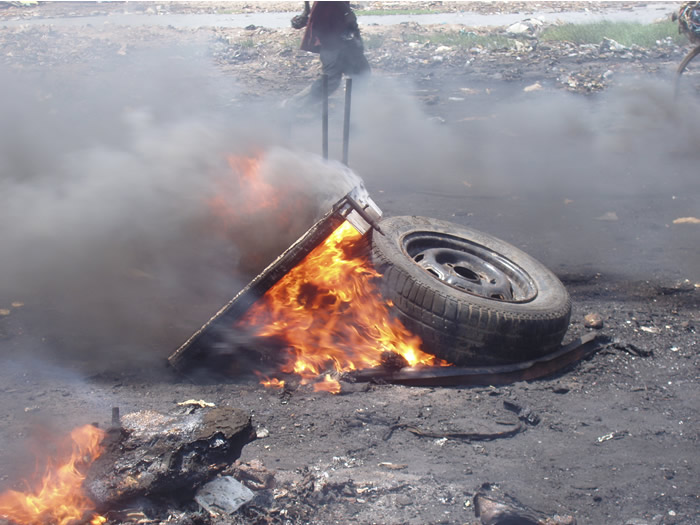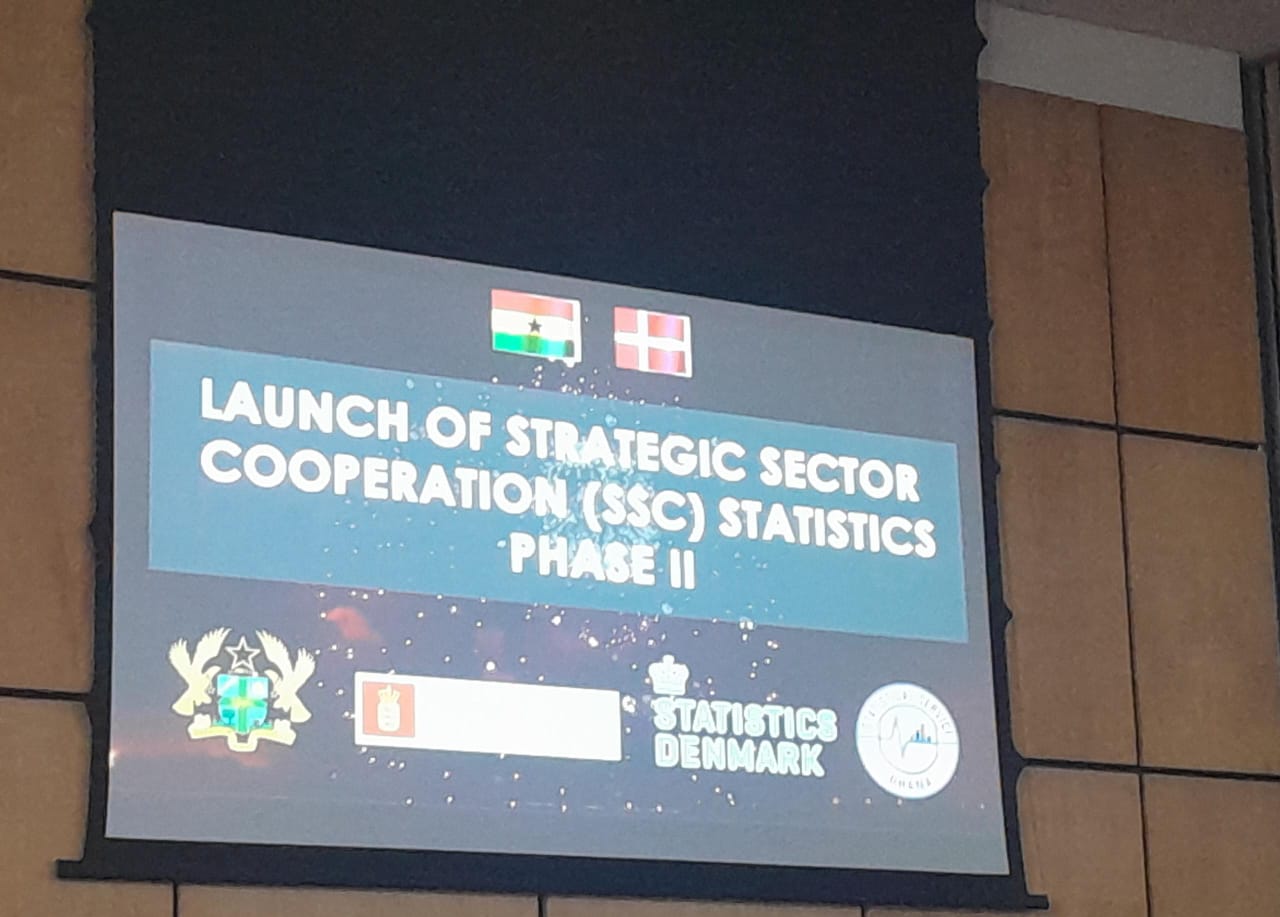

 Advocates for clean air, environment health experts say air pollution has become the second leading risk factor for death and have called for investments and collaboration to prevent or reduce it.
Advocates for clean air, environment health experts say air pollution has become the second leading risk factor for death and have called for investments and collaboration to prevent or reduce it.
They said tiny particles in the air that measure less than 2.5 micrometers in diameter could remain in the lungs and blood stream, causing conditions such as stroke, heart diseases, lung cancer and cute respiratory infections.
Speaking at the commemoration of the International Day of Clean Air for Blue Skies 2024, on the theme: “Invest in #CleanAirNow,” Dr John Kingsley Krugu, Executive Director, Environmental Protection Agency (EPA), said, the Global Air Report indicated that air pollution had become a leading risk factor also for death in children under five years.
He said air pollution had also caused around 8.1 million premature deaths globally in 2021, adding that exposure to air pollution was linked to more than 700,000 deaths in children under five years with 500,000 of these child deaths linked to household air pollution due to cooking indoors with polluted fuels mostly in Africa and Asia.
He said, in Ghana, outdoor particulate matter (also called particle pollution), the term for a mixture of solid particles and liquid droplets found in the air, run as third risk factor for death while households air pollution runs first.
A report indicates that air pollution is amongst the top five risk factors for death in Ghana and accounted for nearly 12 per cent of all deaths in 2021.
Emission from vehicles, fuel burning installations like generator sets, poor road networks, construction activities, open burning of materials including electronic waste and the use of biomass and charcoal for cooking are sources of air pollution.
As part efforts to ensure enforcement, some guidelines had been put in place; the Hazardous and Electronic Waste Control and Management Act 2016. Act 917 had been operational and the Hazardous, Electronic and Other Waste Classification Control and Management Regulations 2016, LI 2250 also functional.
Dr Krugu who called for partnership and data-driven activities to tackle the challenges, said the Agency had developed the second edition of the Air Quality Management Plan for the Greater Accra Region which was later launched by the Madam Ophelia Mensah Hayford, Minister of Environment, Science, Technology and Innovation (MESTI).
Madam Mensah Hayford, in her Keynote speech, said, the World Bank Country Environmental Analysis for 2020, indicated that the cost of air pollution in Ghana’s two largest cities, Accra and Kumasi, was estimated at 264 million dollars a year.
She said over the years, policies and improved technologies had been introduced to improve Ghana’s situation, however, the WHO 2020 report estimated that more than 28,000 people in Ghana died from exposure to air pollution every year.
The solution, the Minister stated was not a preserve of the government, but required a collective effort, adding that the call to invest in clean air highlighted the need for stronger partnership, increased investment and shared responsibilities.
Various statements from the Transport Ministry, Energy Ministry, Ghana Health Service and other stakeholders in commemoration of the International Day of Clean Air for Blue Skies which comes off, Saturday, September 7.
Source: GNA
The post Air pollution is second leading risk factor for death in Ghana – EPA appeared first on Ghana Business News.
Read Full Story
















Facebook
Twitter
Pinterest
Instagram
Google+
YouTube
LinkedIn
RSS